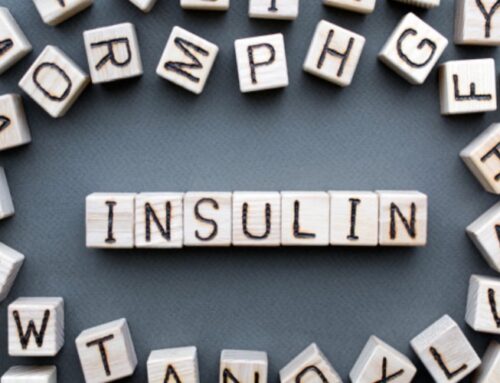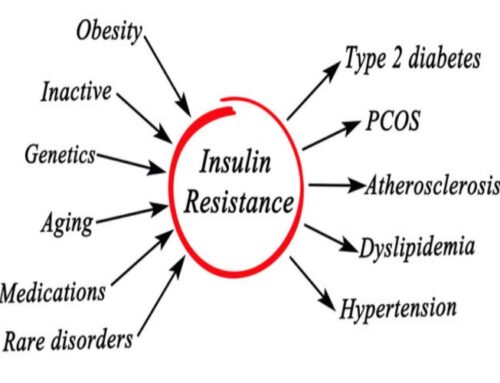Delay, Don’t Deny! Intermittent Fasting (IF), time-restricted eating (TRF), or rest from digestion are emerging as one of the best things we can do for our health, waistline, and longevity. In fact, I heard a doctor recently say, the cure to just about anything is an extended fast. The foundational concept for IF is that when our body is not constantly using energy for digestion, we have freed up energy to be used elsewhere for things like brain function, hormone balance, immune system function, cellular repair, repairing or recycling damaged cells, burning stored body fat and detoxifying the body, to name just a few. It seems that if we periodically challenge our cells and body systems by restricting food intake, in a controlled way, then our cells and systems become stronger, more efficient and better able to handle stressful conditions, digestion and environmental toxins.
There are numerous benefits for IF including weight loss, reduced body fat, restored insulin sensitivity, reversing pre- and type 2 diabetes, lowered blood pressure, improved risk markers for cancer, diabetes, dementia and heart disease as well as implications for brain health. IF increases synaptic plasticity (a marker for learning and memory), leads to the growth of new neurons, promotes recovery after stroke or brain injury and decreases our risk for conditions like Parkinson’s and Alzheimer’s. Prolonged fasts of 18 to 24+ hours promote autophagy (“self-eating”) which is the body’s ability to detoxify and recycle old and damaged cells. It is basically the consumption of the body’s own tissue as a metabolic process that occurs when we go without food and is the natural, regulated mechanism of the cell that disassembles unnecessary or dysfunctional components. The benefits seem to exist even when overall calorie consumption remains the same.
Other benefits of IF include:
- It will simplify your day by reducing the number of meals you have to eat and prepare;
- Fasting can increase your life span and activates many of the same mechanisms for extending life as calorie restriction, but it doesn’t damage metabolism like calorie restriction does;
- IF may reduce the risk of cancer. There is a small amount of medical research indicating that fasting might be helpful in preventing and fighting cancer and shrinking tumors;
- IF is an easier way to manage and control weight than traditional diet approaches. The eat less, move more advice simply doesn’t work long term for most of us and most diets fail because they are not sustainable over the long-term. Fasting is a sustainable weight loss and management method that is relatively easy to maintain once you find your rhythm;
- IF lowers insulin levels which can help you get lean and improve health outcomes as it puts our bodies into a fat burning state that we rarely achieve when eating around the clock;
- It will also increase our body’s sensitivity to insulin which makes it a useful tool to reverse pre and type 2 diabetes as well as many other chronic diseases related to elevated insulin levels (which is estimated to be up to 90% of all chronic health conditions);
- Fasting improves mental clarity and focus as well as enhances our energy levels; and lastly, fasted cardio exercise is great for the body and has numerous health benefits in and of itself.
Environmental and economic factors are at play as well. If IF became more common among the general public, think about how much less food we would need to produce worldwide, which would benefit our environment, especially by reducing protein and meat consumption. From an economic standpoint, you would also save money. If you simply skip breakfast each day and delay your first meal until noon, you could potentially save at least $1,000 a year and that is if you spend less than $3 a day on breakfast. And many of us spend much more than that, especially if you eat from a gas station, restaurant or have a gourmet coffee. One of the other benefits as well as what makes it accessible to everyone is that is FREE!
For more information on IF, please see my blog post titled Intermittent Fasting 201 on the how to get started with fasting, various ways to incorporate fasting, and information on prolonged fasting as well as tips for success and making this part of your daily lifestyle!
In Health,
Dr. Moring






